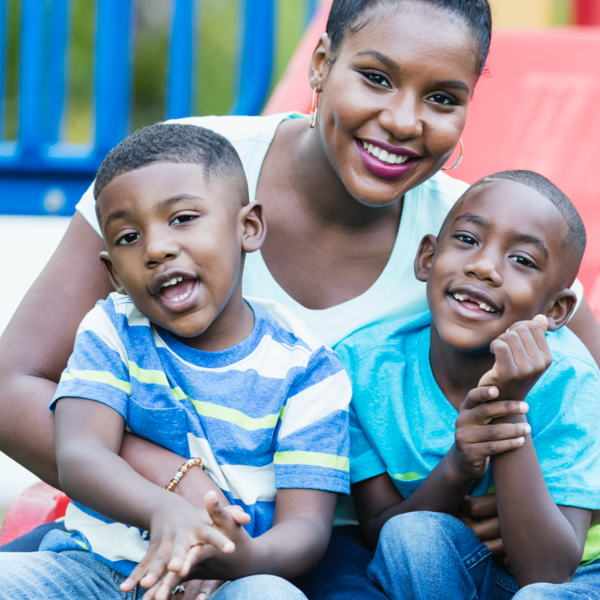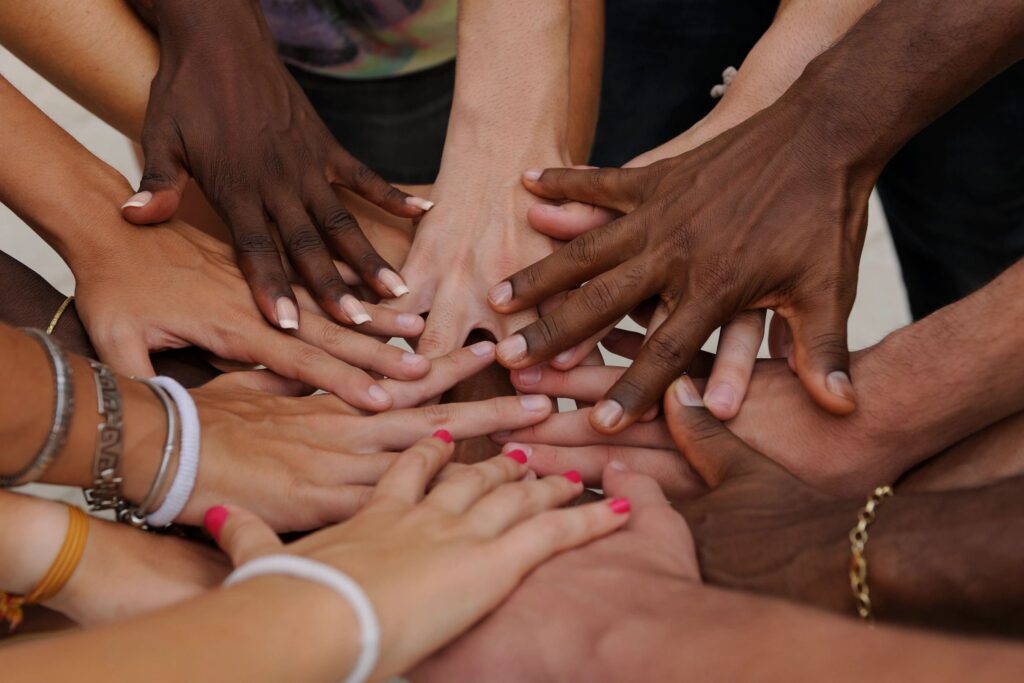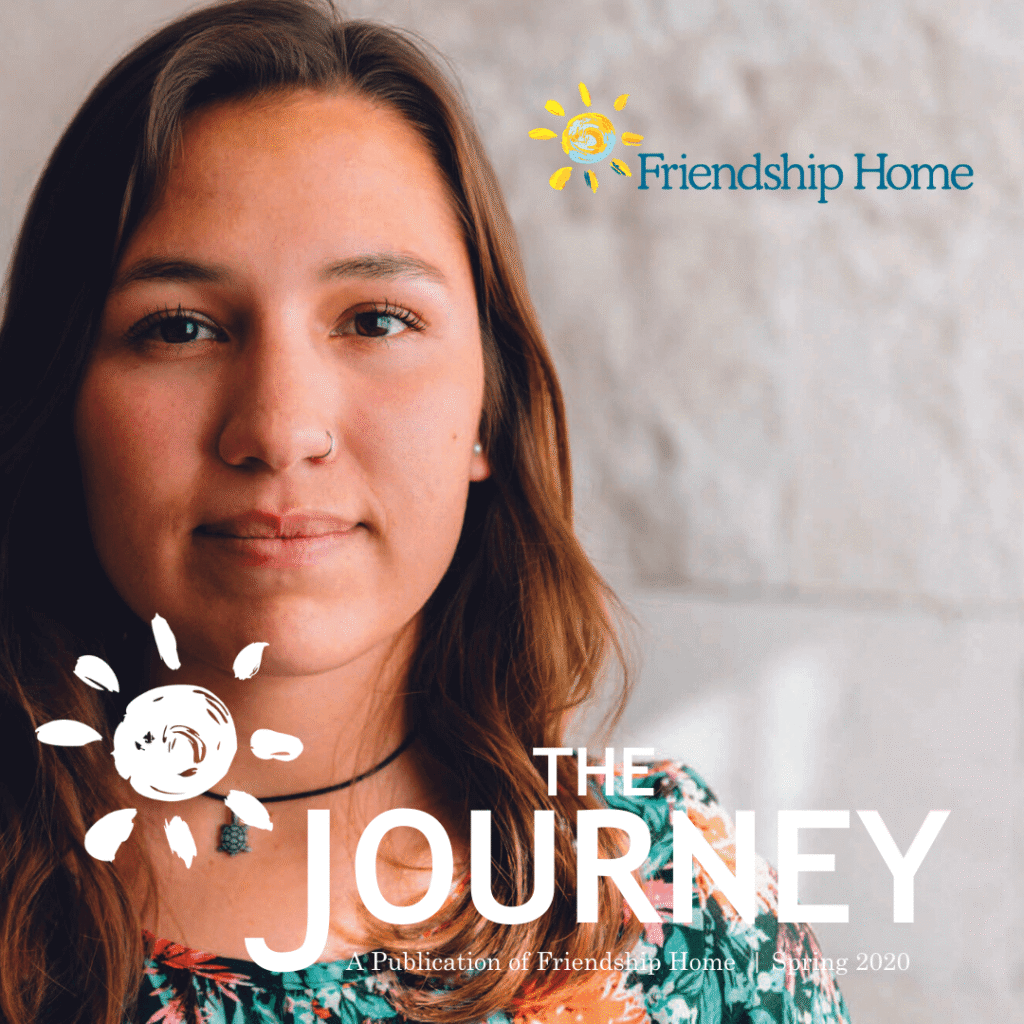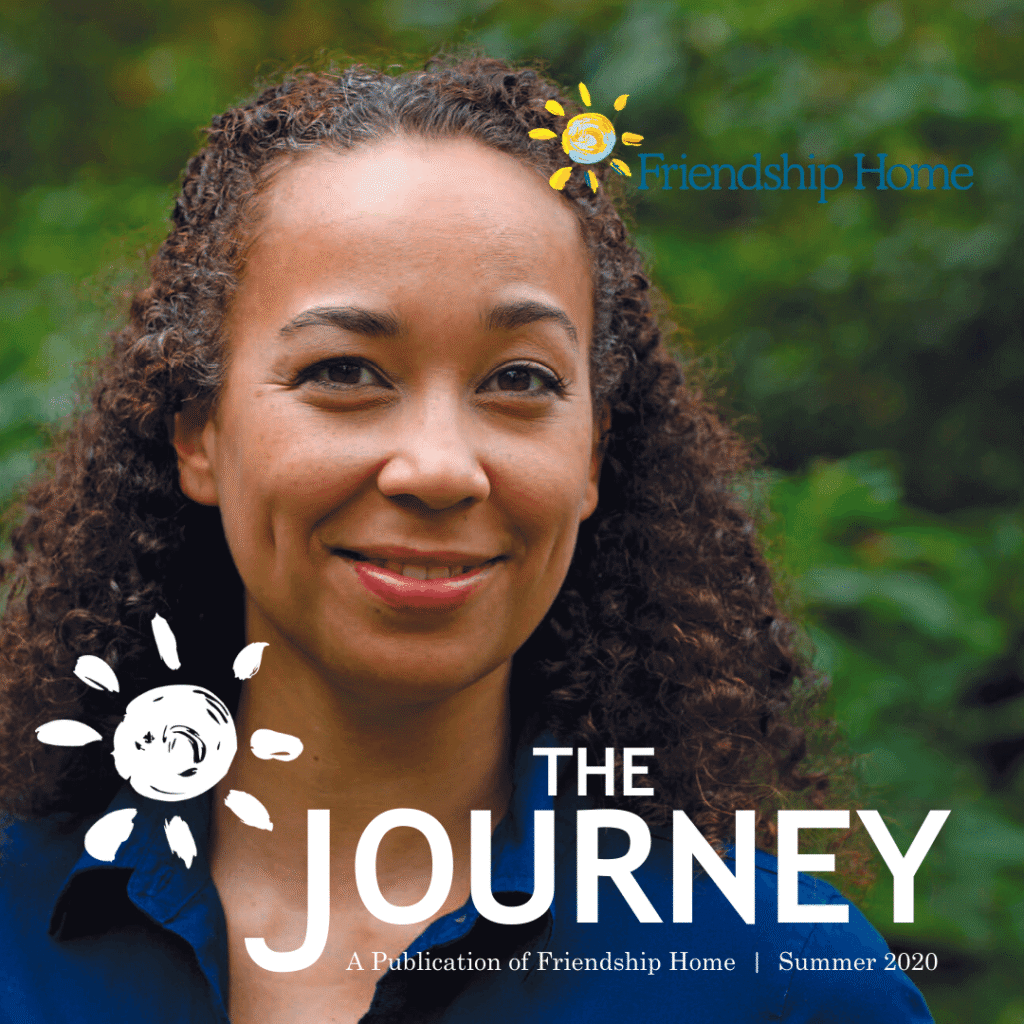Crisis Services
Empowering Freedom
from Domestic Violence
Friendship Home helps survivors of domestic violence find physical and emotional safety. Offering possibilities to help change their lives when things are at their worst – to be hope they can feel.
Through crisis services, emergency shelter, and long-term housing, Friendship Home helps survivors gain insight into their trauma and guides them to use their strengths to rebuild their lives.
Empowering everyone who comes through our doors to achieve safety and freedom from violence.

About Domestic Violence
Domestic violence is a pattern of physical assaults, threats, and coercive behaviors used to maintain control over a current or former intimate partner. Abusive behavior includes the use of physical and sexual violence, threats and intimidation, isolation, emotional abuse, and economic control. Many of these different forms of domestic violence can be occurring at any one time within the same intimate relationship.
Nationally, 1 in 4 women and 1 in 7 men report experiencing sexual violence, physical violence, and/or stalking by an intimate partner during their lifetime.*
*The National Intimate Partner and Sexual Violence Survey, Centers for Disease Control, 2015 Data Brief.
Related Blog
At Friendship Home, our work is rooted in compassion, resilience, and human connection, and that begins with our team. Recently,
For more than two decades, Willy has been a steadfast and beloved presence at Friendship Home. As our longtime Facilities
In nonprofits, volunteers stand out as one of the most valuable assets an organization can have. Their impact extends beyond


